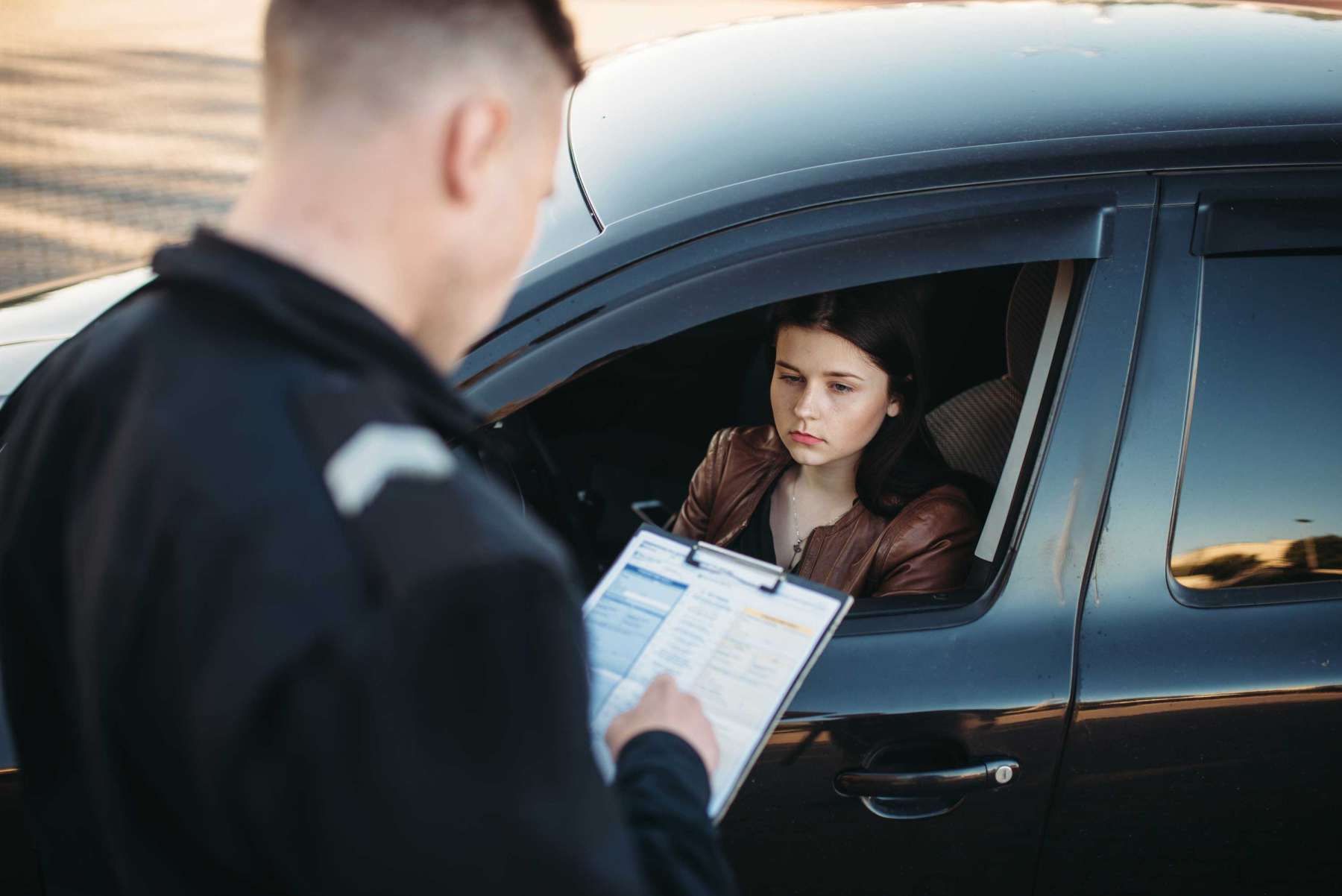Fight Back: Why Fight a Traffic Ticket, Part 2: What to Do When Pulled Over
When the red and blue lights flash behind you, knowing what to do next can make all the difference. This guide offers essential tips for handling a traffic stop with confidence, from signaling your intentions safely to protecting your rights without escalating the situation. Discover the strategies that can help you navigate these stressful encounters more effectively.
April 8, 2024, 7:00 pm
By Greg Brailsford
Defending yourself against an alleged traffic offense starts with an awareness of what to do,
and more importantly what not to do, during a traffic stop.
The red and blue lights are shining in your rear-view mirror. Acknowledge your intention to pull over by immediately activating your turn signal and then finding a safe place to pull off the roadway, on the right-hand shoulder if at all possible.
If you feel there is something strange or fishy about the patrol car and you are in a remote area and just don’t feel safe, activate your emergency flashers and drive cautiously to a location where there are other people who will witness the stop. It is better to do this than to be robbed or assaulted. If you put on your flashers and drive at or below normal legal speeds, any reasonable officer will know what you are doing and why.
It is a good idea to place your hands on the steering wheel as the officer approaches; this takes the apprehension out of the situation and should put the officer in a slightly better mood. If it is dark, turn on your interior light. If you have tinted windows, roll down your window before you stop.
When the officer arrives at your window, do not engage in a debate with the officer or express your opinion about his or her motives for choosing this line of work. Of equal importance, do not admit to anything illegal, including going only two mph over the speed limit. Every admission of any guilt will be duly noted, recorded, and used against you in court. A natural reaction by many people who are nervous is to become overly talkative. Resist that urge during the anxious moments of a traffic stop. Don’t offer excuses, kiddingly or not, to lighten the mood. Always remember, the police officer is not
your friend and not your buddy. You are only required to identify yourself. You do not have to answer any other questions.
An officer is required by law to state the reason for pulling you over. Most will do this prior to checking your ID. If an officer refuses to do so prior to checking your ID, it is likely they did not have a valid Terry-compliant reason for pulling you over, and are hoping a check of your record will provide them with one. Fortunately, most traffic stops are not battles of will. The officer usually explains why he stopped you, asks to see your license, registration, and proof of insurance, goes back to his car and runs your personal data through the system, checking for warrants and verifying your information, possibly checking your driving record. Then he returns your documents to you, most often with with a traffic citation.
If the officer asks to search your vehicle, politely refuse. Short of the driver’s permission, a search warrant or probable cause is required to execute such a search. After each refusal politely say “Am I free to go now?” Keep on asking until the officer runs out of excuses to detain you.
The police never tear up a ticket once it is filled out, so, after the ticket is written, don’t bother
pleading your case at the side of the road. Along with taking a few moments to cool down, you should jot down (or memorialize through photos or video if it is safe to get out of your vehicle to do so) the following information:
• Observations regarding your specific location
• The license number on the police car
• Weather conditions
• Traffic conditions
• The roadside environment
• Anything else that attracts your attention
At your court date, some of this information could be useful for your defense.
Next week: Pleading your case in municipal court.
Missed Part 1? Read it here.
Thanks to the National Motorists Association and attorney Robert McNelis who provided helpful information contained in this article.






